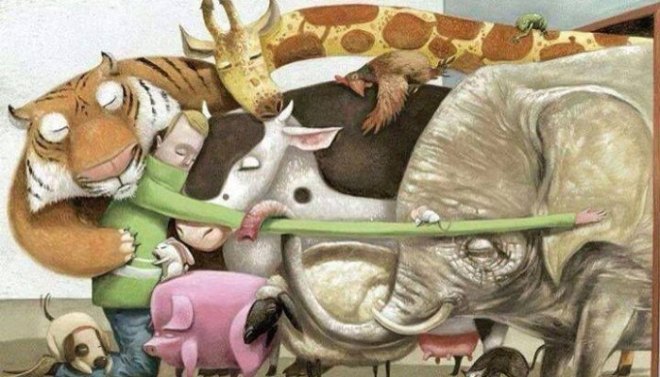 Food Empowerment Project Founder and Executive Director lauren Ornelas was arrested by Whole Foods Market on November 16, 2014, for handing out educational pamphlets in front of Whole Foods Market (WFM) in Sebastopol, California. The store manager had complained to police, and when the officer did not make the arrest, the manager chose to make a citizen’s arrest.
Food Empowerment Project Founder and Executive Director lauren Ornelas was arrested by Whole Foods Market on November 16, 2014, for handing out educational pamphlets in front of Whole Foods Market (WFM) in Sebastopol, California. The store manager had complained to police, and when the officer did not make the arrest, the manager chose to make a citizen’s arrest.
Note to my readers – this is a press release from the Rabbit Advocacy Network. It’s stories like this that make me reconsider all of the purchases I make at WFM.
Ms. Ornelas was a participant in a peaceful, legal protest by longtime Whole Foods Market shoppers and animal advocates as part of a national boycott asking WFM to stop the sale of domestic bunny meat—a new item recently added to the WFM meat case.
Ms. Ornelas, who runs a vegan food justice non-profit and has been vegan for over 26 years, said after her arrest, “The Whole Foods Market manager had me arrested because they don’t want their customers to know about their bunny ‘meat.’ WFM does not need to be responsible for the deaths of even more animals.” Margo DeMello, President of House Rabbit Society, adds, “Whole Foods Market has consistently hidden behind their wholly inadequate ‘humane standards’ and unsubstantiated claims of customer demands when rolling out their new bunny meat program. They have also chosen to source their rabbits from Iowa—an Ag-Gag state that does not allow outside verifications of conditions and standards. Whole Foods is attempting to create a demand for bunny meat and is not being transparent about how these animals lived and died.”
The Rabbit Advocacy Network, an international coalition of organizations, animal lovers, and activists led by Mill Valley’s SaveABunny and Richmond’s House Rabbit Society, has been protesting WFM’s June 2014 decision to begin selling bunny meat—the country’s third most beloved furry companion animal. In response, WFM has replied with form letters promoting their humane standards, has blocked social media users from posting comments about bunny meat, and has deleted negative customer feedback on WFM’s Facebook pages.
Marcy Berman-Schaaf, the Founder and Executive Director of SaveABunny, Inc, a San Francisco Bay area-based nonprofit rabbit rescue and adoption center, says, “New Zealand white rabbits are a gentle, loving, docile breed often referred to as the ‘golden retrievers’ of bunnies. They are as intelligent and sensitive as cats and dogs, can use a litter box like a cat, and live with millions of Americans as beloved family members. We expected better community values from Whole Foods Market.”
Ms. Ornelas’ leafleting activity in front of the store was legal, in accordance with the Supreme Court ruling Pruneyard Shopping Center v. Robins (1980), which established that, in California, private shopping centers become de facto public space when it comes to the exercise of an individual’s free speech rights, and California Supreme Court ruling Ralphs Grocery Company v. United Food and Commercial Workers Union Local 8 (2012), which narrowed Pruneyard to those areas which are designed to encourage shoppers to congregate and relax, like the Sebastopol Whole Foods Market’s outdoor seating area.
Arresting a peaceful protester who was exercising her constitutionally protected free speech rights reinforces the fact that Whole Foods Market has something serious to hide in their rabbit meat program.
If you would like to help support lauren and the Food Empowerment Project, and have a great vegan dinner, come to the Veggie Grill in Corte Madera Saturday, November 22. 50% of the proceeds from their supporters’ purchases will be donated to Food Empowerment Project!
What do you need to do?
1. Come to the Corte Madera Location; Saturday November 22, anytime between 5:00 and 10:00 P.M.
2. Order lots of yummy food. (Don’t forget dessert!)
3. Provide your cashier with our flyer OR simply mention that you have come for the Food Empowerment Project fundraiser. (Very important.)
4. Enjoy!
Be sure to stop by and say “Hi” to the F.E.P. volunteers! (there until at least 9:00)
RSVP on Facebook




